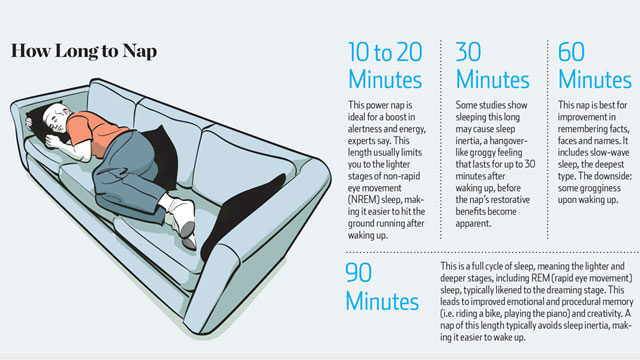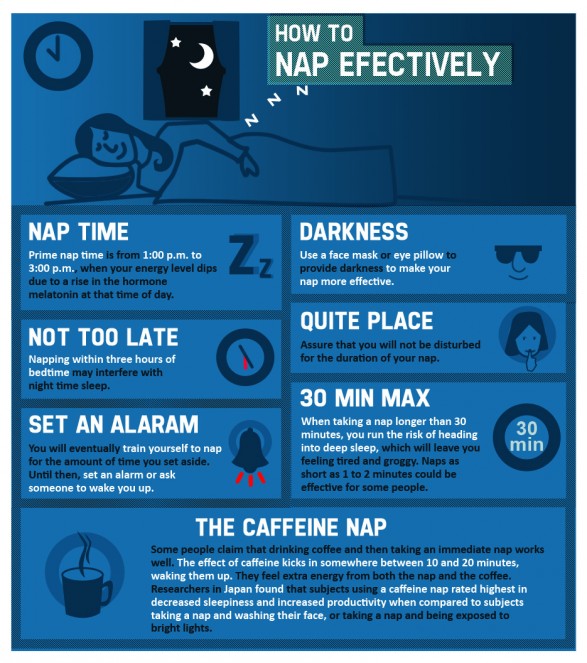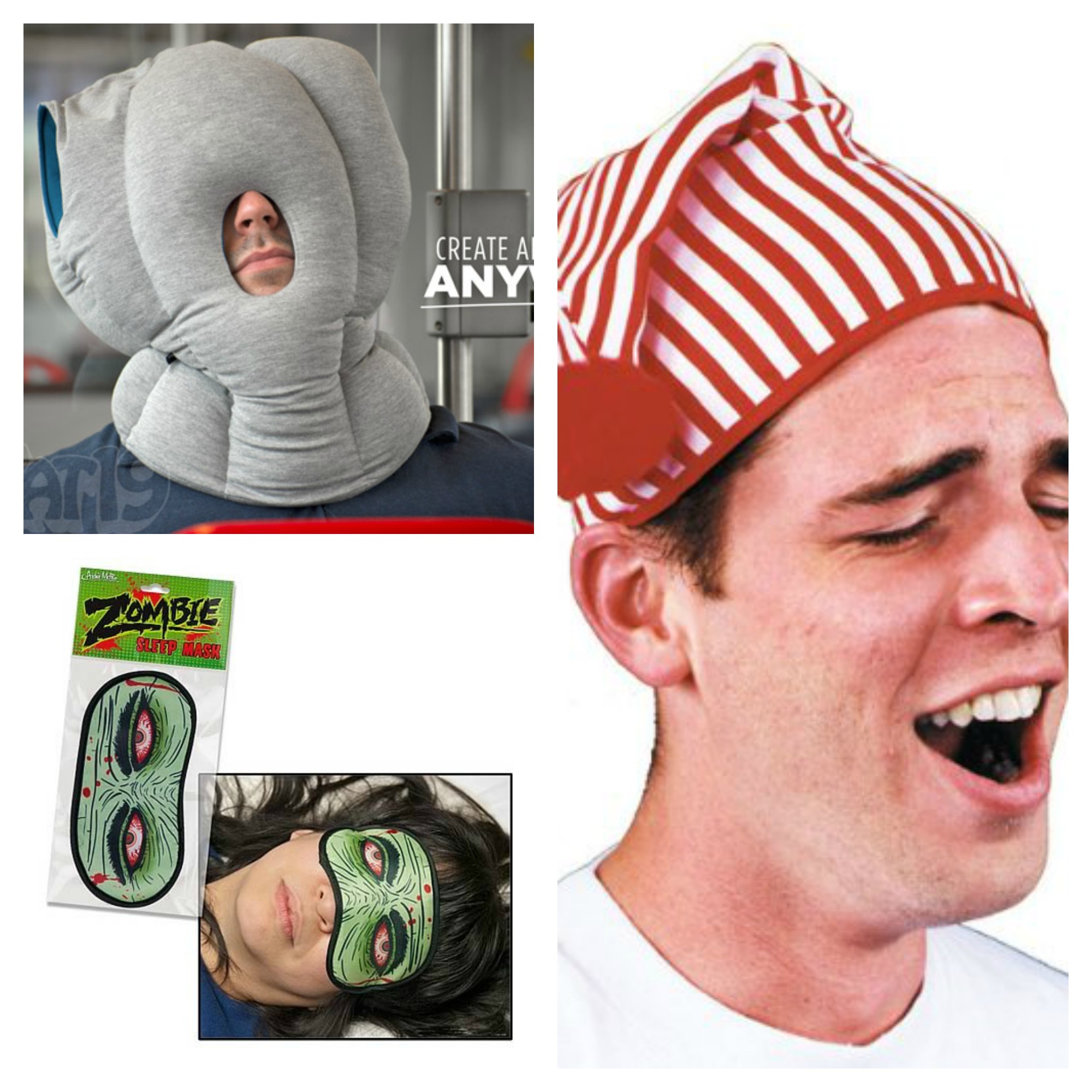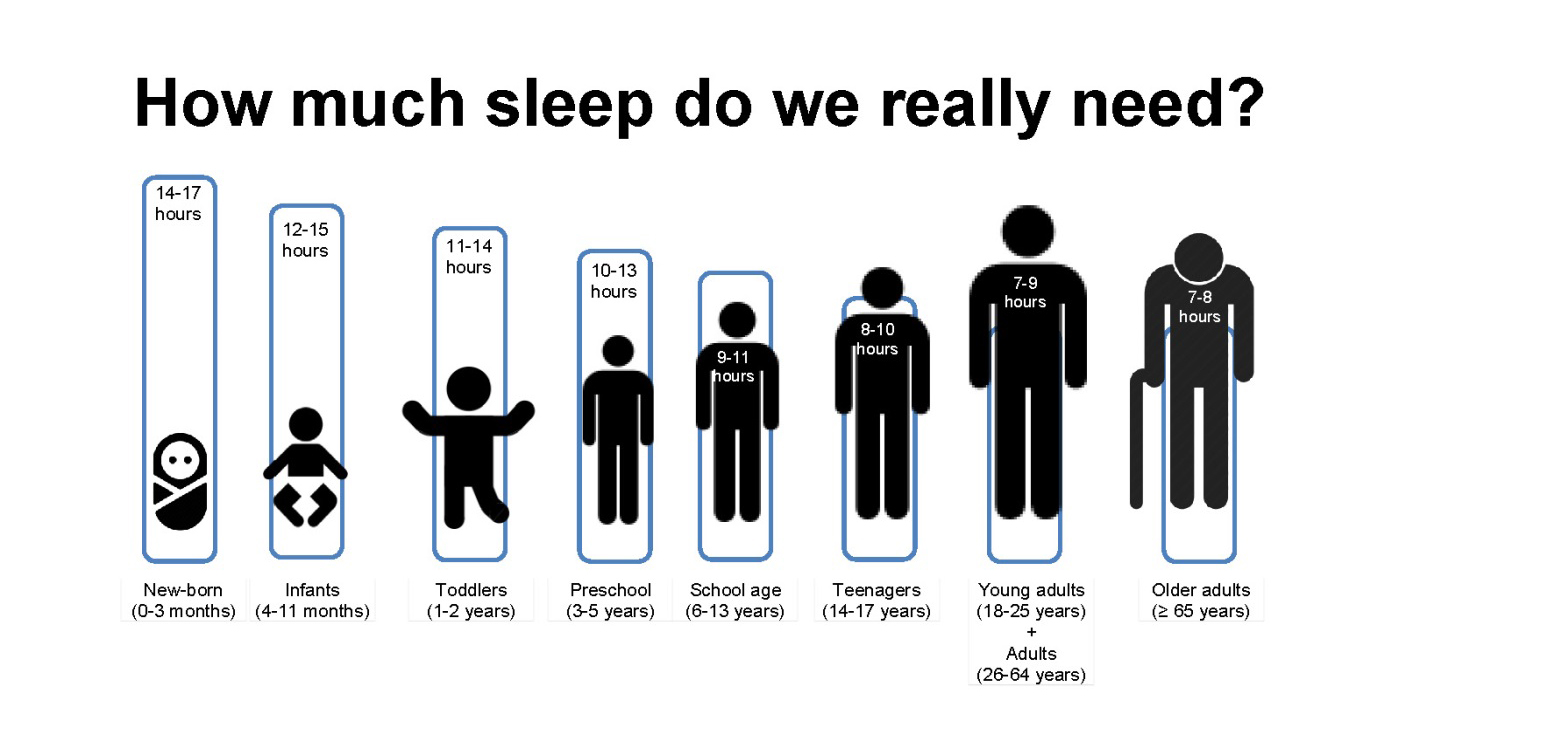Sleep Sleep is a force multiplier. That means that whatever you’re typically capable of on a day to day basis can be greatly optimized by simply improving sleep quality. From losing fat, and building muscle, to improved concentration and a greater overall sense of well being you need proper rest!
I have many suggestions to help you achieve better sleep. Of course you don’t have to do all these things, but the more the better. Try different things and see what works best for you! In addition, if you don’t sleep alone, consider what techniques might be of use to your spouse. If they’re tossing and turning, reading with the lights on, or watching TV (or mobile device!) while you’re sleeping (or preparing to), that may all effect your sleep quality, whether you realize it or not!
In general your aim should be 8 or so hours of quality sleep in a dark, quiet, cool, comfortable environment.
Sleep Environment:
Sight: Get Dark! Room darkening shades: These will block out a majority of the light. Curtains. They hit the corners that the shades miss. Eye Mask. Try different ones. I like the padded silk, without Velcro in back variety. Dimmable bedside lamps (Tao Tronics). I like minimal brightness at night to decrease stimulation. You can also program them for reading, so in case you are the type to fall asleep reading, the light will turn off for you. Candle. The light is sufficient to see in general but not overstimulating. If you read or your spouse reads- consider a clip on book light. It will only light page (and maybe bother you or your spouse less!). Bathroom nightlight: I don't like turning on a light to use the bathroom. The nightlight isn't harsh but provides just enough light to hit the mark. I like the blue tint kind, but feel free to use what you like.
Sound: White noise or no sound! White Noise. I use a fan personally, but there are many other choices, noise machines, fish tank, wall unit AC/space heater. or Ear Plugs: I prefer white noise, but I wore earplugs for 2 years in college because my otherwise great roommate snored super loud. The goal here is to prevent a noisy spouse/roommate from disturbing your rest.
Smell: Candle Essential Oils. I don't use them, but think it could serve the same purpose as the candle without the inherent risk of burning something while you're falling asleep. Smells might help you relax or like the rest of your routine, the conditioned response might help associate that smell with sleep.
Touch: Sheets: I prefer jersey knit. It’s not fancy but it’s definitely most comfortable to me. Know what you like best and stick to it. Mattress: In general we were taught that firmer is better. However, it may actually depend you you- surprise, surprise! Turns out that if you are generally flexed (hunched over) a firm mattress might support a neutral spine by assisting in promoting support and extension. On the other hand, if you are more arched, you could actually benefit from a softer mattress. Again, try both and see what’s best for you! You don’t even need to actually get a new mattress. You can add pads or boards to your current mattress to see if a harder or softer surface improves sleep quality or helps you wake up feeling better. Pillows: Again, make sure they’re as soft or as firm as you like and use the type of material that you feel is most comfortable. I like one super flat, jersey knit pillow. I roll the bottom of it just to support the arch in my neck. You can also use pillows for props. Stick one under your arm for a little relief from shoulder pain, stick one under your knees/butt for some low back relief. If you sleep on your side, try putting a pillow between your knees to promote a better hip position. In the long run, where you need your pillows will indicate what you can should be addressing in your strength and mobility training. In the short term, do what you can to get the relief you need to sleep better. Temperature: Know what you sleep best in and keep it there! In general cooler seems to help people sleep better (68 deg.). I keep it cool and the winter and between 72-74 degrees in the summer. If I wake up at night and if I feel hot I can get fixated on it and get a little restless.
Sleep Routine: This is the stuff can prepare your body for sleep, and much like Pavlovian Conditioning- condition your body for sleep. Hot Shower. Some athletes talk about cold showers or contrasting showers, but personally I find a hot shower to be the most relaxing. Relaxing Music. Feel free to put on some your sleep mix. Just soothing music of nature sounds work best. Stretching. You can stretch for as long or as short as you’d like. Massage. I would also consider using some time of myofascial release techniques from foam rolling to tennis ball massage. Sometimes massage can be more helpful than stretching in aiding in this relaxation process. Acupressure massage. My wife Zoey does a 5 minute acupressure eye massage every night before bed. She was taught to do in school in China during the stressful years of long, hard days of studying while preparing for the college entrance exam. You can look online for books and videos or consult with a professional to learn on how people do acupressure massage on themselves. Write a list of things to do tomorrow. This can help you feel less stressful and keep you from lying in bed thinking about what you need to remember to do the next day. I typically do this while stretching. Exercises of gratitude. Once I feel satisfied with my list of tasks for the following day. I try to reflect on the things I am grateful for. They may things experienced that day more general things about family, and work. This helps in staying positive, and keeping stress levels down. Read before bed. I like to read Chinese. For me the books are entertaining but reading in Chinese is more difficult and makes me tired. When I read in English I seem to have more energy and spend more time reading than is helpful for getting to bed. The point is, you have to find out what you enjoy reading while not getting too interested or excited that you actually end up getting less rest. Find out what helps you sleep ;)
Nutrition: High Protein, High Fat meal before bed. (I usually eat late so this isn't relevant, but on weekends when I eat an earlier dinner, I may have a milk/protein/peanut butter smoothie) an hour or so before bed. The protein and fat help stave off any hunger or low blood sugar which might otherwise wake you up at night. Otherwise limit food and liquids before bedtime.
Supplements: 1 Cup Chamomile Tea, 1 Scoop of Glutamine (drinking liquids before bed depends on your bladder sensitivity, so be mindful of timing here). ZMA/ZMAG/Z-12 (etc): Honestly, tried it and didn't sleep any differently. But it's worth a try.
What not to do: Turn off electronics at least 1/2 hour before bed (if not earlier). It can wait until tomorrow! Switch phone to Night Shift (red light instead of blue) Keep your bed a place for SLEEPING (and possibly one other activity) and nothing else. If you can't sleep, don't lay in bed. Your bed should be so associated with sleep than even if you weren't tired, you bed would put you to sleep like Pavlovian conditioning. No caffeine (7 hours before sleeping, just a personal rule) No alcohol (2 hours before sleeping, just a personal rule) Find out how caffeine and alcohol affect you and change as needed. No late naps! I nap but not within 7 hours of when I'm going to bed. I know it's tempting for couples to lay in bed and talk but our rule is not to talk about work or "major issues" before bed, as we end up staying up later and getting anxious before bed.
Waking up: Best to wake up naturally Best to gradually introduce light (natural when possible) If you need an alarm I recommend a gentle/soothing alarm that wakes you up but not too harshly!
Timing: Not all hours are equal. I once read you can count hours before 12am as double because their “healthier” hours. I don’t know the science behind it but I do believe that sleeping from 10pm-6am is healthier than sleeping from 3am-11am. In general getting to sleep earlier means getting more sleep in which case it’s just better either way.
Monitoring your sleep: Ask your spouse. They can probably tell you quite a bit about how good of a sleeper you are. From the number of times you get up, to snoring, sleep apnea, or grinding your teeth, your partner might have some interesting insight. Smart phone sleep/sound app. These apps will record the sound at night and can help clarify just how much action happens after lights out. Again, aside from conversations or number of times you get out of bed, you might also hear snoring or sleep apnea. Sleep Tracker/Activity monitor. This too can give you a more visual representation of how you’re sleeping. How much you toss and turn to how many steps you take when you should be sleeping.
Prescription Drug Sleep Aids I don’t know about these. My understanding is that they do not promote true sleep architecture but rather being unconscious which is not the same thing. I would personally not consider using any perscription sleep aids until I’d exhausted all the other more holistic options. Please consult with your doctor should you feel the need to explore this as an option.
Napping:
I try to apply as many of the above conditions to napping as well. The only real difference is sleep duration. I usually sleep about 10-20 minutes between 2:30-3:15 Mon-Fri.




